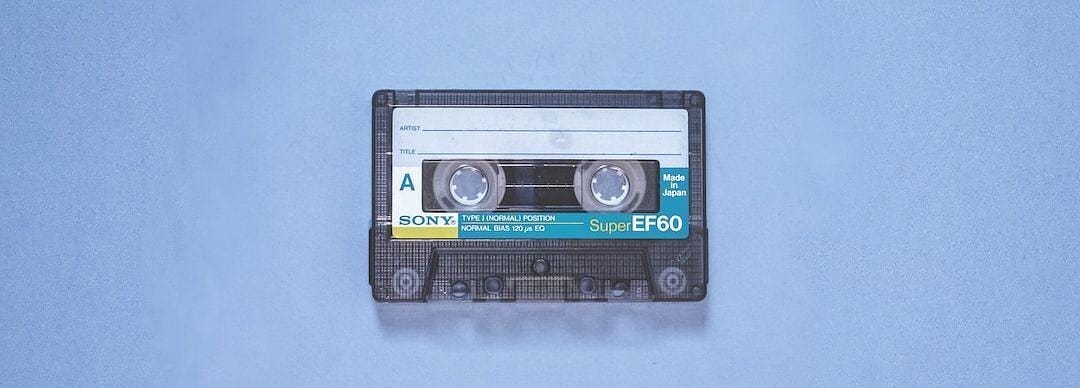I am listening recently to Moriah Woods — highly recommended. It's a singer-songwriter that I didn't know that existed. Recently, with my daughter, we went to an Anneke Van Giersbergen concert and Moriah opened for Anneke. She's very good. She plays moody songs accompanied by acoustic guitar, very good songwriting.
Let's talk about music today.
After trying Tidal, Spotify, Amazon Music, Apple Music, I went back recently to purchasing MP3 files from Apple - from iTunes, because I want to own the music I listen to.
It's because I really don't like the concept of streaming. I don't like the fact that you pay a certain amount of money monthly to have access to everything. It's not beneficial for me as a listener because I'm overwhelmed with the number of tracks I have access to. It means also that I don't value those track because this mass of music is so cheap.
I like the fact of possessing the music, of having it on my hard drive, inside my computer, on my storage. Ideally I prefer owning the music on vinyl, but vinyl is not portable at all. So the albums I buy on vinyl, I buy them twice: once on vinyl and the second time as MP3s from iTunes.
You have the money
I think it's okay because first of all, it's not a cost that is prohibitive in 2022. I don't have to buy lots of albums a month, so my home budget is not suffering. It gives me the opportunity to listening mobile of course, but it's all also giving me the opportunity to listening in a better sound quality than I would normally do on Spotify, because I can choose from which player I will play the songs. I don't have to have it on Android on iOS, I can have it on an obscure audiophile MP3 player. I can just copy the files from my hard drive and it's done. It works offline. And I also know that by buying the album twice, I'm actually helping the musician because musicians are really screwed by streaming platforms like Spotify, Deezer, Amazon Music, etc. You have to generate 3 million streams per month to have a few hundreds of dollars of revenue. It's crazy.
Business model
I've been a musician, so I know how it works. It basically costs you nothing to put an album on Spotify. And then because everybody's paying for the whole catalog, you basically get nothing in return, since the discoverability becomes a huge problem, not the barriers in putting the music on the platform. So you work two years to compose and record the music and then you get a few streams and everybody says: "Yeah, don't expect money for releasing music, play live and sell some merchandise." But I think that musicians should be paid for the music and not for selling merch. They are musicians, not apparel companies, after all.
I think Pink Floyd would not record "The Wall" if they were forced to tour 200 days per year and sell t-shirts in order to sustain themselves financially. They would not have the time nor the mental bandwidth to compose the masterpiece. This is what's happening today in music. Basically, the music that is available online it's usually not arranged in albums, but it's single tracks and it's released every two to three months because if not, people lose interest and forget about the artist.
Making music today is like making videos on Tiktok or YouTube - you have to keep publishing. If not, the channel won't grow.
So I'm very proud of myself that I am buying each album twice: once on vinyl and a second time as MP3 files from iTunes, because I know that at least the musicians that have worked very hard to create the music I enjoy are given a much larger "cut" from those transactions.
Discoverability
And one last word about discoverability: people often get trapped into thinking that Spotify gets them new listeners.
No, it does not.
The sheer amount of new music added every minute to Spotify makes it actually VERY HARD to get organically discovered on Spotify. YouTube is very good at that. Use YouTube for discoverability, and then put your MP3s on Bandcamp, maybe on iTunes - but specifically on a platform that allows the music to be bought by your fans directly and own the files. Not to be streamed. It will give you much more opportunities to gain new listeners than Spotify by word of mouth and by people supporting people, looking for what other listeners listen to and checking the bands other people support.
Like in the old, cassette days.























I still pay for music files